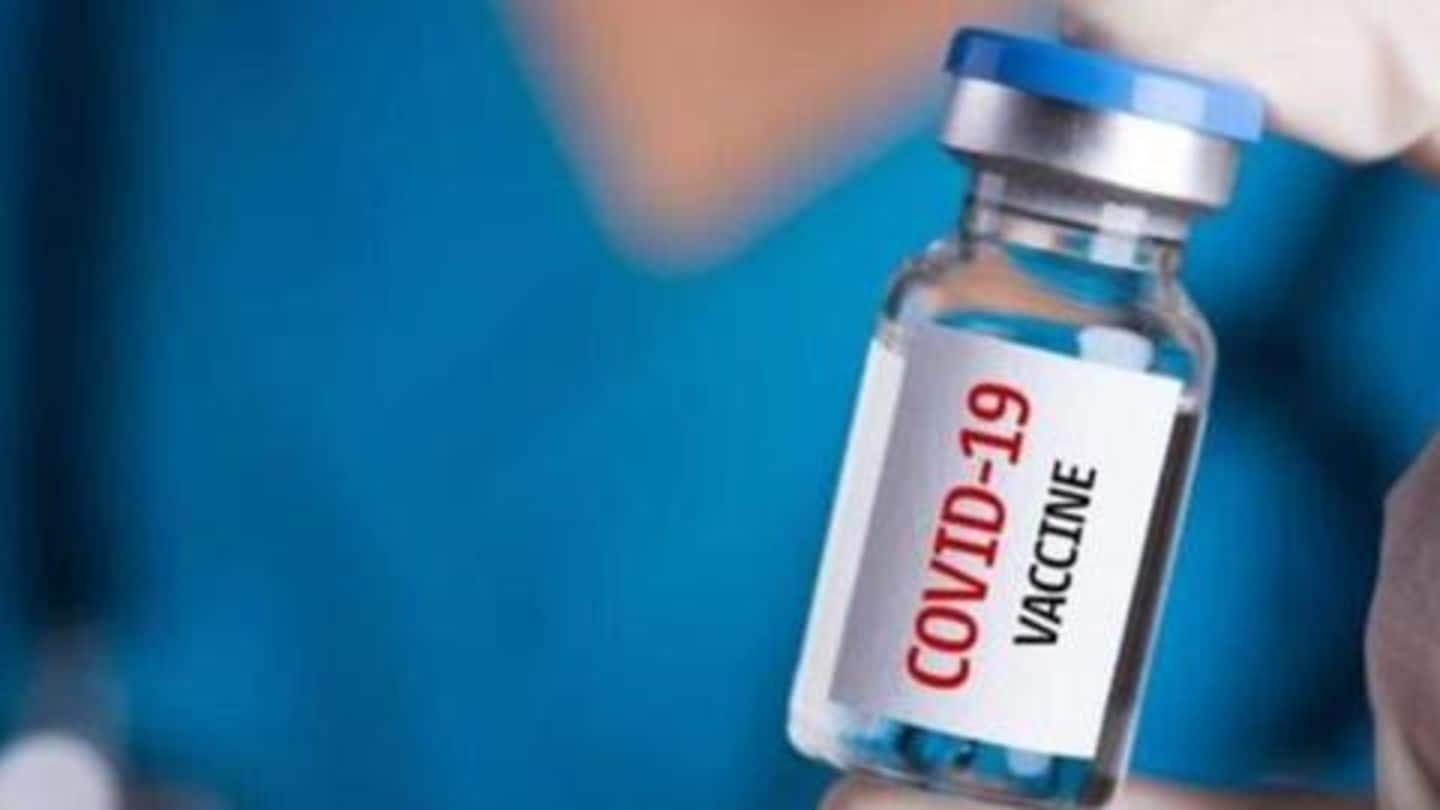
Why the vaccine for COVID-19 is still several months away
What's the story
In a matter of months, a never-seen-before coronavirus originating from China has turned the whole world upside down.
Lakhs have died, billions are under lockdown, and businesses are reeling with no customers to sell to.
At a time like this, a vaccine is the only hope, but experts say it is going to take at least 12-18 months to develop one.
Here's why.
Process
Making a vaccine typically takes 10-15 years
The typical process of developing a vaccine (that is effective and safe) takes 10-15 years.
This includes several stages, which come one after the other and add years into the process.
The fastest vaccine prepared until now is for mumps and that took 4 years, which means the 12-18 month timeline is the best-case scenario, assuming every thing works fine the first time around.
Process
So, what happens in vaccine development?
The process includes five stages - exploratory stage, pre-clinical stage, clinical trials, regulatory approvals, and manufacturing.
In the first stage, the candidate vaccine is developed; in pre-clinical, it is tested on cell cultures/animals; in clinical, the test is expanded to humans to ensure the vaccine works and is completely safe for public use.
Finally, the last two stages involve government review, manufacturing, and distribution.
Expedition
How scientists are expediting the process
The development takes about 2-4 years, but the latest technologies and the similarities between the novel coronavirus and the first SARS virus have led to the development of as many as 118 candidate vaccines within 5 months.
Similarly, the next stage of animal trials also takes about 1-2 years, but here, some scientists are resorting to simultaneous pre-clinical and clinical trials to save time.
Clinical Trials
Eight vaccines of the candidates are in clinical trials
Out of the 118 vaccine candidates, eight are already in the clinical human trials phase.
This stage usually takes 15-19 months and is split into three phases.
The first tests the vaccine with a small group for ensuring its safety, the second tests its effectiveness with hundreds and compares with a placebo, while the third involves testing with thousands in an outbreak region.
Information
Moderna Therapeutics' vaccine candidate has shown positive results
Notably, US-based Moderna's COVID-19 vaccine has shown positive results in both pre-clinical mice trials and early clinical human trials. The candidate has been cleared for Stage 2 of human trials, which are expected to be completed by July-August (sooner than the typical 6-8 months timeline).
Last stage
Then, Stage-3 of clinical trials and approval process will begin
After Stage 2 of clinical trials, the vaccine will go into the third phase, which also takes about 6-8 months, provided all goes according to the plan.
Moderna expects it might be able to wrap up this phase by the end of this year, lining up its vaccine for fast-tracked review and approval by the Food and Drug Administration (FDA) sometime in early 2021.
Production
Finally, the vaccine has to be mass-produced, distributed to billions
Once a vaccine is confirmed to be safe and effective, regulators in the US and around the world would be more than willing to hand out expedited approvals to end the pandemic.
After that, the vaccine would have to be mass-produced and distributed, which will directly depend on the vaccine developer's partnerships and investments to source materials and scale-up production to meet the demand.
Production timeline
Production can also take several years, but there's a way
The process of producing a vaccine in sufficient quantity could take 7-36 months, but with adequate partnerships and pre-emptive efforts like scaling up manufacturing when the vaccine is in trials could cut that period short.
Moderna, for instance, has already partnered with drugmaker Lonza to start manufacturing as early as July and have sufficient doses ready by the time of approval next year.